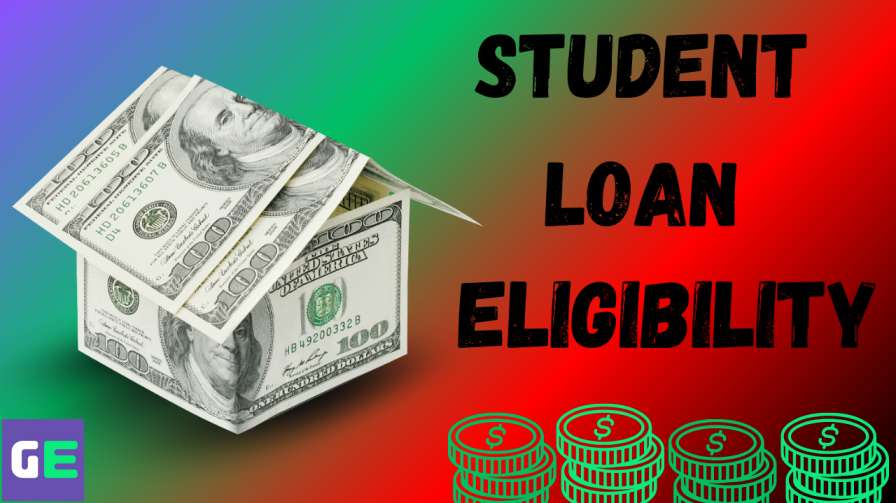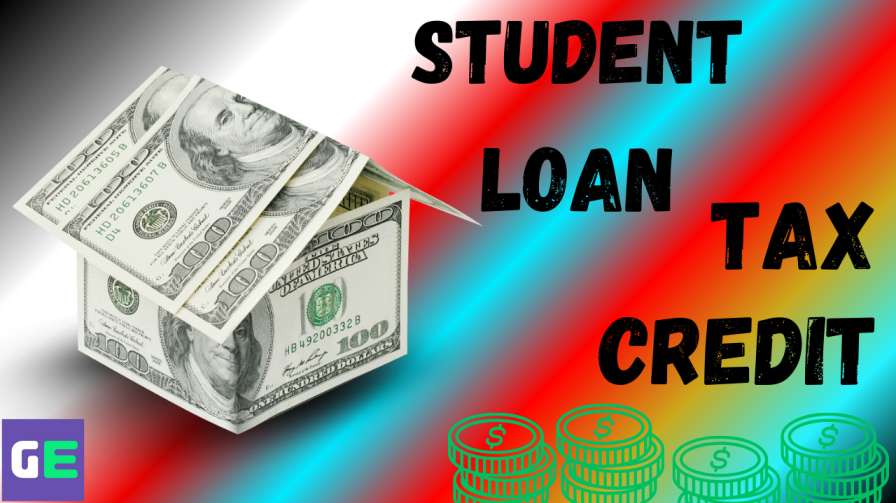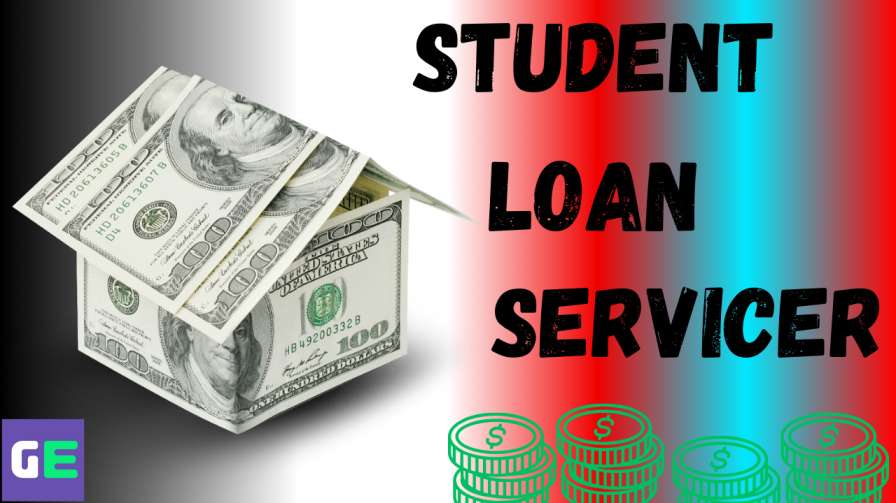Introduction
- A. Importance of student loans in funding education
- Student loans are crucial for many higher-education individuals, as they provide the necessary financial support to cover tuition, fees, and living expenses.
- B. Overview of the challenges of finding loans without a cosigner
- Many students face challenges in securing loans due to their limited credit history or income, making it difficult to find affordable options without a cosigner.
- C. Purpose of the guide
- This guide aims to equip students with the knowledge to navigate the landscape of student loans without a cosigner, outlining available options, eligibility requirements, and tips for success.
Understanding Student Loans
- A. Types of student loans
- Federal loans
- Federal student loans are offered by the government and often come with lower interest rates and flexible repayment options. They do not require a cosigner.
- Private loans
- Private student loans are offered by banks and financial institutions and may require a cosigner, but some lenders do offer options for students without one.
- Federal loans
- B. Differences between loans that require a cosigner and those that don’t
- Loans without a cosigner may have stricter eligibility criteria, but they provide students with the opportunity to build their credit independently.
Eligibility for Student Loans Without a Cosigner
- A. Factors affecting eligibility
- Credit score requirements
- Many lenders have minimum credit score requirements for student loans without a cosigner. Generally, a score of 650 or higher is favorable.
- Income level
- Some lenders may consider a student’s income or future earning potential when evaluating applications for loans without a cosigner.
- Enrollment status
- Being enrolled at least half-time in an accredited institution is often necessary for qualifying for federal and private loans.
- Credit score requirements
- B. Alternative qualifications for obtaining loans
- Some lenders may look at factors like academic performance or provide loans based on future earning potential, which can benefit students without a cosigner.
Where to Find Student Loans Without a Cosigner
- A. Federal student loans
- Direct Subsidized and Unsubsidized Loans
- These loans are available to eligible undergraduate students and do not require a cosigner. More information can be found on the Federal Student Aid website.
- Perkins Loans (if applicable)
- While Perkins Loans are no longer offered to new borrowers, previous federal loans can provide a point of reference for understanding federal options.
- Direct Subsidized and Unsubsidized Loans
- B. Private lenders that offer loans without a cosigner
- Overview of leading lenders
- Some private lenders, such as SoFi, College Ave, and Earnest, provide student loans without requiring a cosigner for qualified students.
- Comparison of interest rates and terms
- Overview of leading lenders
Tips for Securing Student Loans Without a Cosigner
- A. Improving your credit score
- Taking steps to improve your credit score can enhance your chances of qualifying for student loans without a cosigner. Pay off debts and ensure bills are paid on time.
- B. Building a strong financial profile
- Demonstrating a stable income, part-time employment, or savings can help in obtaining loans.
- C. Exploring federal loan options first
- Federal loans are generally more accessible and have better terms, making them a great starting point for students.
Pros and Cons of Student Loans Without a Cosigner
- A. Advantages
- Independence in financing education
- Students can secure funding without relying on family members, helping them develop financial responsibility.
- No reliance on a family member’s credit
- This is particularly beneficial for those whose families may have poor credit histories.
- Independence in financing education
- B. Disadvantages
- Potentially higher interest rates
- Loans without a cosigner may come with higher interest rates, impacting overall repayment amounts.
- More stringent eligibility requirements
- Students may face challenges in meeting credit or income criteria, limiting their options.
- Potentially higher interest rates
Repayment Options for Student Loans Without a Cosigner
- A. Understanding repayment plans
- Standard repayment
- Typically, it involves fixed monthly payments over 10 years.
- Income-driven repayment options
- Federal loans offer income-driven plans, which adjust monthly payments based on income, providing financial relief.
- Standard repayment
- B. Importance of budgeting for repayment
- Developing a budget that includes loan payments can help ensure students stay on track and avoid default.
Conclusion
- A. Recap of key points
- Understanding student loans without a cosigner, eligibility requirements, and available options is crucial for successful loan acquisition.
- B. Encouragement to explore options and make informed decisions
- Students should thoroughly research their options and understand the implications of each type of loan.
- C. Final thoughts on managing student debt responsibly
- To minimize financial strain, it’s essential to approach student loans with a long-term repayment strategy.
Additional Resources
- A. Links to federal student loan information
- B. Recommendations for financial counseling services
- C. Websites for comparing private student loans
FAQs
1. What are student loans without a cosigner?
Student loans without a cosigner are loans that students can obtain independently, without needing a family member or friend to guarantee the loan. These loans are typically offered by federal and some private lenders based on the student’s creditworthiness and financial situation.
2. Who can apply for student loans without a cosigner?
Students who have a sufficient credit score, a stable income, or other qualifying criteria can apply for student loans without a cosigner. Federal loans are usually available to all eligible students, regardless of credit history.
3. What types of student loans are available without a cosigner?
The main types of student loans available without a cosigner include:
- Federal Direct Subsidized Loans
- Federal Direct Unsubsidized Loans
- Some private loans from lenders such as SoFi, College Ave, and Earnest may also be available without a cosigner for eligible students.
4. How can I qualify for student loans without a cosigner?
To qualify for student loans without a cosigner, you may need to meet certain requirements, such as:
- A minimum credit score (typically around 650)
- Proof of income or a strong financial profile
- Enrollment in an accredited institution at least half-time
5. Are student loans without a cosigner more difficult to obtain?
While it may be more challenging to obtain student loans without a cosigner, it is not impossible. Lenders may have stricter credit requirements, but federal loans are often accessible regardless of credit history.
6. What are the advantages of obtaining student loans without a cosigner?
Some advantages include:
- Independence in managing student debt
- No impact on a cosigner’s credit score
- Opportunities to build your credit history
7. What are the disadvantages of student loans without a cosigner?
Disadvantages may include:
- Potentially higher interest rates compared to loans with a cosigner
- Stricter eligibility criteria
- Limited options for students with low credit scores
8. Can I consolidate student loans without a cosigner?
Yes, students can consolidate federal student loans into a Direct Consolidation Loan without a cosigner. However, private loans may have different policies, and consolidation options can vary by lender.
9. What are my repayment options for student loans without a cosigner?
Repayment options typically include:
- Standard repayment: Fixed monthly payments over a set period.
- Income-driven repayment plans: Monthly payments based on income, available for federal loans.
- Private loan options: Repayment terms vary by lender, so it’s essential to check specific terms.
10. Where can I find more information about student loans without a cosigner?
You can visit the following resources for more information:
- Federal Student Aid
- Credible for comparing private loans
- National Foundation for Credit Counseling (NFCC) for financial counseling services
11. best student loans without a cosigner?
Here are some of the best student loans without a cosigner:
- Federal Direct Subsidized Loans
- Available to undergraduate students with financial need. No credit check is required, making them accessible.
- Federal Direct Unsubsidized Loans
- Available to all students regardless of financial need. No cosigner is needed, and they have flexible repayment options.
- SoFi Student Loans
- Offers competitive interest rates and no cosigner requirement for qualified borrowers with a good credit history.
- College Ave Student Loans
- Provides loans without a cosigner for students with good credit or a strong financial profile, along with flexible repayment terms.
- Earnest Student Loans
- Offers loans without a cosigner, focusing on your income and education rather than just credit scores.
- Sallie Mae Student Loans
- Some options are available without a cosigner, especially for students with a strong financial background.
Make sure to compare rates and terms to find the best option for your needs!
12. can I get student loans without a cosigner?
Yes, you can get student loans without a cosigner. Federal student loans, such as Direct Subsidized and Unsubsidized Loans, do not require a cosigner and are available to eligible students based on financial need or enrollment status. Some private lenders also offer student loans without a cosigner for borrowers with good credit or a strong financial profile. However, eligibility criteria can vary, so it’s essential to check specific lender requirements.
13. how to refinance student loans without a cosigner?
To refinance student loans without a cosigner, follow these steps:
- Check Your Credit Score: Ensure your credit score is in good shape, as lenders typically require a score of 650 or higher.
- Research Lenders: Look for lenders that offer refinancing options without a cosigner. Some private lenders, like SoFi and Earnest, may have this option.
- Compare Rates: Use comparison tools to evaluate interest rates, terms, and repayment options from multiple lenders.
- Gather Financial Documents: Prepare necessary documents, such as proof of income, loan details, and any relevant financial information.
- Apply for Refinancing: Fill out the application with your chosen lender, providing the required information and documentation.
- Review Terms: Once approved, carefully review the new loan terms before signing.
- Finalize the Process: If you agree to the terms, finalize the refinancing, and ensure your old loans are paid off.
Following these steps can help you successfully refinance your student loans without a cosigner.
14. how to apply for private student loans without a cosigner?
To apply for private student loans without a cosigner, follow these steps:
- Check Eligibility: Ensure you meet the lender’s requirements, typically including a good credit score (often 650 or higher) and stable income.
- Research Lenders: Look for private lenders that offer loans without a cosigner, such as SoFi, College Ave, or Earnest.
- Gather Documentation: Prepare necessary documents, including proof of income, tax returns, and information about your educational program.
- Complete the Application: Fill out the loan application on the lender’s website, providing all required information and documentation.
- Review Loan Offers: After submission, review the loan offers you receive, including interest rates, terms, and repayment options.
- Accept the Loan: Choose the best offer, accept the loan, and follow any additional steps required by the lender to finalize the process.
By following these steps, you can successfully apply for private student loans without a cosigner.
15. how to consolidate private student loans without a cosigner?
To consolidate private student loans without a cosigner, follow these steps:
- Check Eligibility: Ensure you meet the lender’s criteria, which may include a good credit score and stable income.
- Research Lenders: Look for private lenders that offer consolidation options without a cosigner, such as SoFi or Earnest.
- Compare Rates: Evaluate interest rates, terms, and repayment options from multiple lenders to find the best deal.
- Gather Documentation: Prepare necessary documents, including loan statements, proof of income, and identification.
- Apply for Consolidation: Complete the application with your chosen lender, providing all required information and documentation.
- Review and Accept Terms: Review the new loan terms carefully and accept the consolidation offer if it meets your needs.
- Complete the Process: Finalize the consolidation, ensuring your previous loans are paid off and replaced by the new loan.
Following these steps can help you consolidate your private student loans without a cosigner.
16. how do you get student loans without a cosigner?
To get student loans without a cosigner, follow these steps:
- Explore Federal Loans: Apply for federal student loans, such as Direct Subsidized and Unsubsidized Loans, which do not require a cosigner.
- Check Eligibility: Ensure you meet eligibility requirements, including enrollment status and financial need.
- Research Private Lenders: Look for private lenders that offer loans without a cosigner, focusing on those with flexible criteria for borrowers with good credit.
- Improve Your Credit: If necessary, work on improving your credit score to increase your chances of approval.
- Gather Documentation: Prepare documents such as proof of income, school enrollment details, and identification.
- Apply for the Loan: Complete the application with your chosen lender, providing all required information.
- Review Offers: Once approved, review loan offers carefully and choose the one that best fits your needs.
By following these steps, you can successfully obtain student loans without a cosigner.
17. how can i refinance my student loans without a cosigner?
To refinance your student loans without a cosigner, follow these steps:
- Check Your Credit: Ensure your credit score is good (typically 650 or higher) to qualify for refinancing.
- Research Lenders: Look for lenders that offer refinancing options without a cosigner, such as SoFi, Earnest, or Laurel Road.
- Compare Offers: Use comparison tools to evaluate interest rates, terms, and repayment options from multiple lenders.
- Gather Documentation: Prepare necessary documents, including proof of income, loan statements, and identification.
- Apply for Refinancing: Complete the application with your chosen lender, providing all required information and documentation.
- Review Loan Terms: Once approved, carefully review the new loan terms before finalizing.
- Complete the Process: Accept the offer and ensure your old loans are paid off with the new loan.
By following these steps, you can refinance your student loans without a cosigner.
People Also Search
Unlocking the Benefits of Low-Interest Student Loans for Your Education
Navigating the Best Student Loans for Bad Credit: What You Need to Know
Federal Student Loan Forgiveness: Understanding Eligibility and Application Processes













Leave a Reply